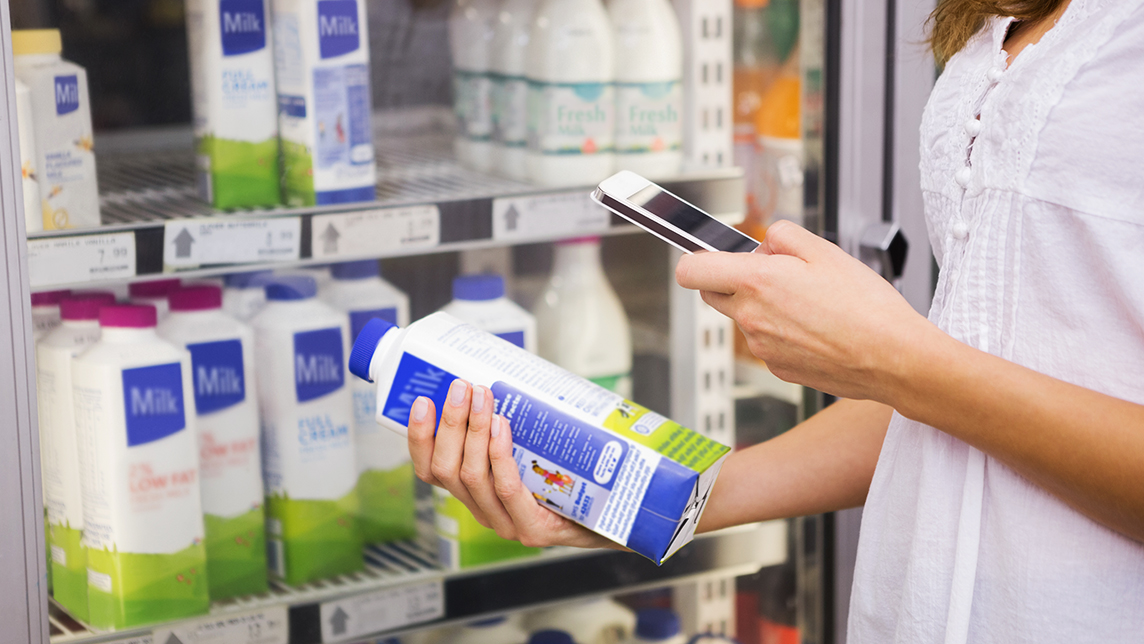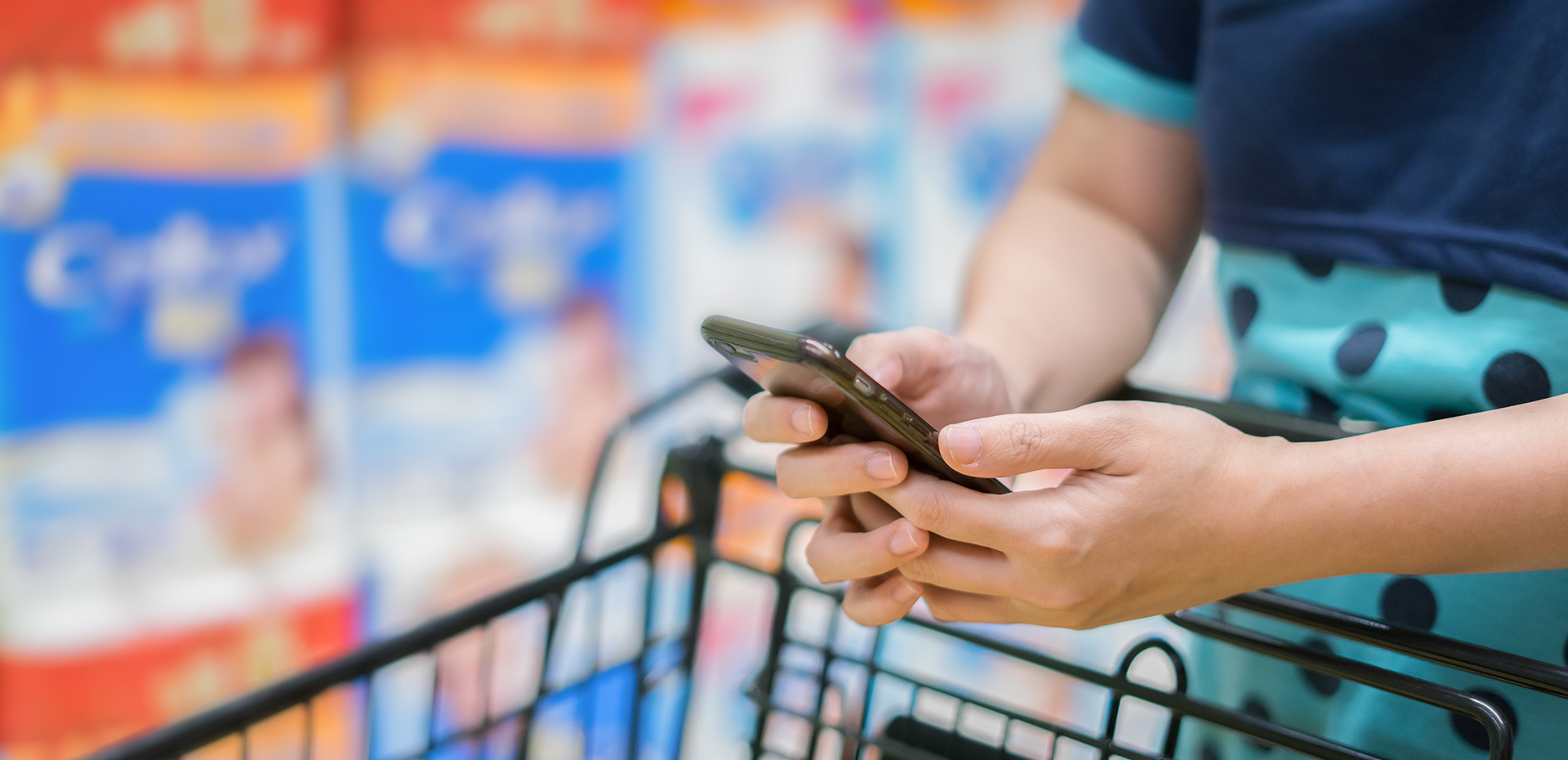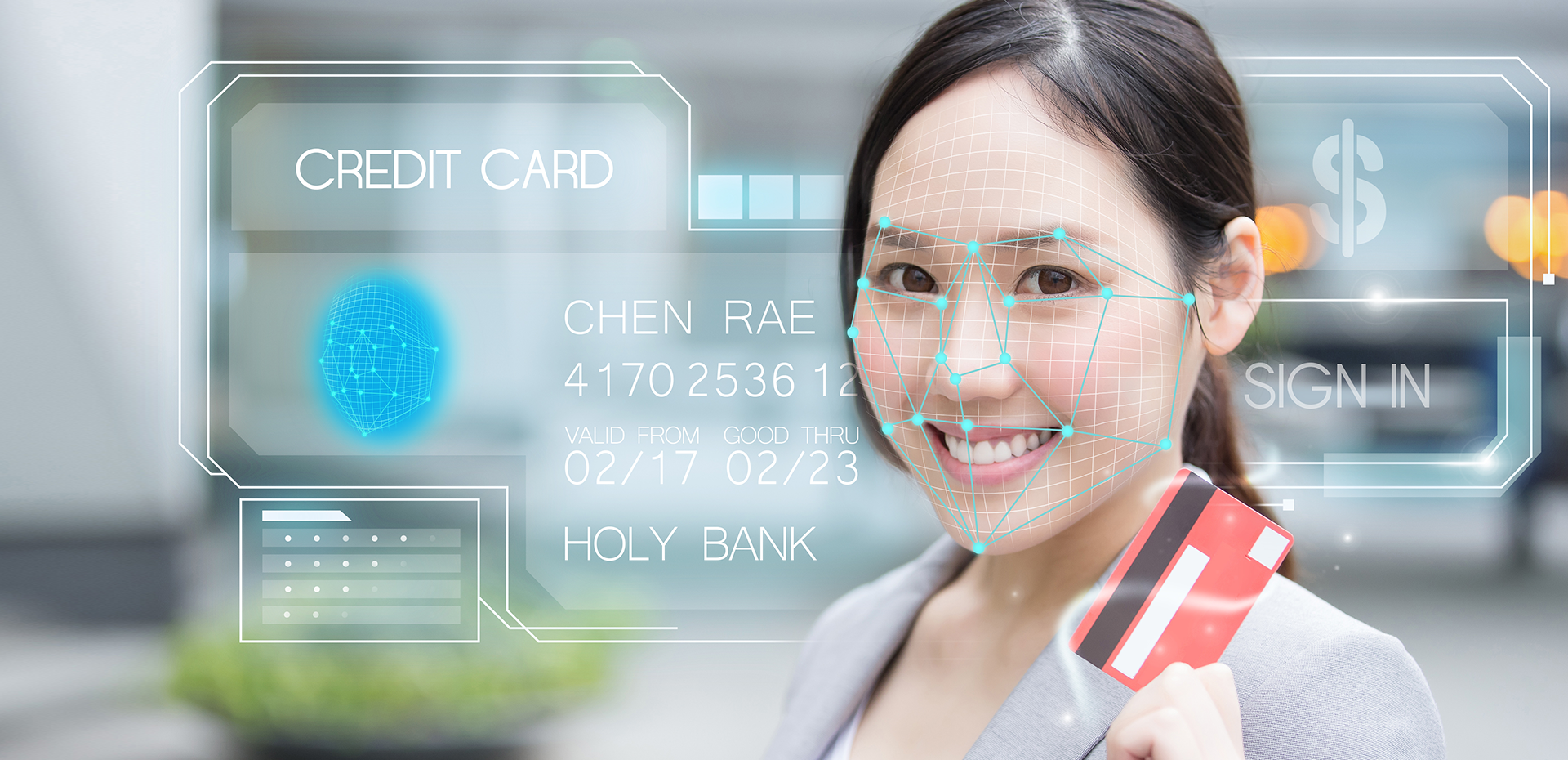Cashierless, cashless convenience stores by tech juggernauts Amazon and Alibaba may be the latest force to disrupt physical retail, but the game remains far from over for brick-and-mortar players.
Chinese startup Mars Rabbit is offering traditional stores an easier and cheaper alternative to building a checkout-free store like Amazon Go from scratch. By turning smart devices into barcode scanners, its app lets shoppers scan items as they browse and pay for them online. And so, no more waiting in long checkout lines.
Big retail names like Lawson and Century Mart are already using Mars Rabbit. Its system can be installed quickly with little hardware and software restructuring. For a medium-sized store with 50,000–80,000 SKUs, that translates to just three to seven days for less than RMB 100. Compare that with Amazon, who reportedly spent more than US$1 million on hardware alone for its first Go outlet.
In fact, Mars Rabbit positions itself precisely as the opposite of Amazon and Alibaba. The startup says it seeks to boost traditional stores as their tech service provider and retail partner. Its cashierless system is offered for free, and it doesn’t try to sell them products.
The company has a clear redline: never compete with retailers, said Nie Di, the founder and CEO of Mars Rabbit. That includes not going into product retailing, not hurting retailers' interests and not competing with them for shoppers’ data.
Amazon's first Go store, located in the company's headquarter building in Seattle, opened to the public in January 2018. By now, there are nine Go stores in the US, and RBC Capital Markets has predicted the business could top US$4 billion by 2021.
Faster, cheaper
To use the service, shoppers scan the barcode of an item with their smart device's camera, and the item's details appear on the screen instantly. They then click to add the item to the Mars Rabbit app’s digital shopping cart. When done shopping, users pay for what they scanned with popular mobile payment gateways such as Alipay and WeChat Pay. Before leaving the store, all shoppers pass through a special checkout stand where a human worker verifies their purchases and payment.
According to the startup, which was founded in 2016, using its app can increase the speed of checkout by 60% over human cashiers.
And the company is working to simplify the process further: it's testing a verification machine to replace human staff completely. Using deep-learning technology, the machine can verify up to 80 items in two seconds. Its current rate of accuracy is over 95%.
For supermarkets wishing to use the Mars Rabbit system, they only need to share basic data such as product details and promotional offers. Mars Rabbit doesn’t have access to data on original purchasing prices, inventory and other core information.
According to Nie's estimates, if a supermarket with 20 to 30 cashiers replaces one-third of them with self-checkout, it will save from RMB 800,000 to 900,000 a year. When such numbers are applied to supermarket chains with hundreds of outlets nationwide, the savings reach nine digits.
Marketing for brands
Nie believes brands are a key player in today’s new retail system, in which the line between online and offline channels becomes increasingly blurred. However, they are usually ignored by companies that offer technology and strategies for digitally transforming the traditional retail sector. By integrating brands into its business, Mars Rabbit has built a B2B2C platform where shoppers, retailers and brands can interact with and benefit from each other.
By tracking customers’ shopping behaviors, Mars Rabbit provides partner brands with insights into customers' wants and needs that allow them to create personalized, real-time campaigns. That is also how the startupearns its profit.
If a user often buys sports equipment, the system will recommend products and offers related to sports and fitness. Besides sponsoring these recommendations, brands can also attract users by purchasing coupons from Mars Rabbit and distributing them to shoppers via the app.
“For example, if Coca-Cola has coupons and Pepsi doesn’t, when a user scans a bottle of Pepsi, a coupon offered by Coca-Cola will appear under the item details. In this case, Pepsi may lose its customers to Coca-Cola,” Nie said.
As a marketing tool, Mars Rabbit has another advantage: the impact of all advertisements and campaigns can be tracked easily and in real time because the app keeps a record of what customers buy.
So far, the conversion rate of coupons on Mars Rabbit ranges from 60% to 80% – much higher than the 3–5% average across China’s greater retail market.
Eyes F&B, fitness sectors
At the same time, Mars Rabbit’s small setup and neutral position helps retailers feel less threatened. Less than three months after partnering with the startup, Century Mart, the big-box store brand of Hong Kong Stock Exchange-listed supermarket company Hualian, decided to open its 40-plus Hangzhou outlets to the startup.
Lawson, a Japanese convenience store chain that operates over 1,200 locations in China, said in 2017 that, during the first three days of operation, all its new stores in Shanghai would only accept payments made through Mars Rabbit.
In comparison, Dmall, a bigger company that provides similar services, has encountered significant difficulty building partnerships with supermarket brands. The app is backed by Wumart, a regional retail giant, and other supermarkets don't want to share data with a platform linked to a direct competitor.
Having partnered with more than 30,000 stores and boasting 9 million registered users, Mars Rabbit has become one of the most successful companies in China's cashierless retail sector. Going forward, the startup plans to partner with companies in diversified consumption fields and apply its self-scanning checkout technology to restaurants, fitness centers and more.
“We started out with a focus on reducing long checkout lines, but it’s definitely not our only goal,” Nie said. “Like a real rabbit, Mars Rabbit will penetrate different divisionsof the retail industry gently, humbly and non-aggressively. But when an opportunity appears, it will jump into the market and catch it with great agility.”













